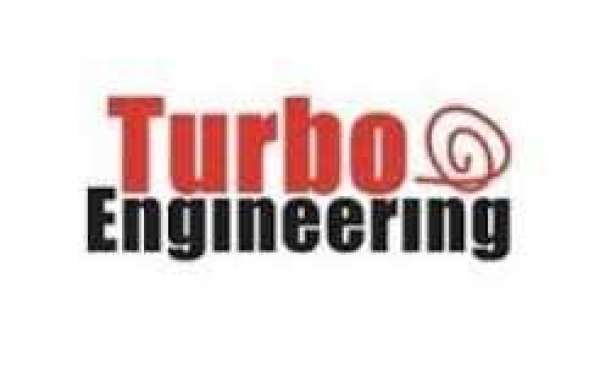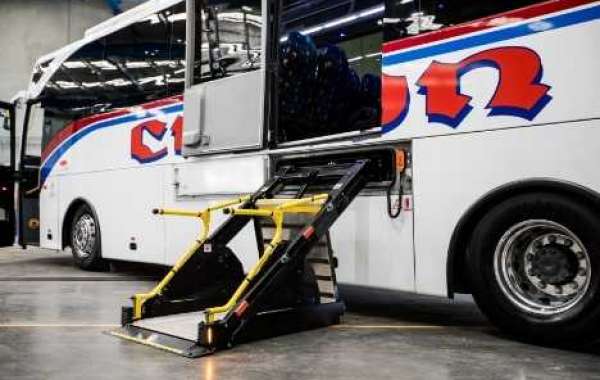One of the most effective ways to achieve good efficiency of the engine is by keeping the turbochargers Melbourne in good shape. With time not just turbocharge but any equipment or part of the car goes through the wear and tear that could be fixed by early recognition and addressing the right issue.
This is the case with turbocharges, too; there are many causes that could lead to the failure or damage of turbocharges. Here is a list of probable causes that you can look for.
Inadequate Lubrication
The most prevalent problem we see harming turbochargers is a general lack of engine maintenance. People who don't change their oil because it becomes gummed up. This frequently clogs the return line, preventing the turbo from returning its oil and causing it to leak.
When you consider that a turbocharger is a precision machine with moving components that operate at high speeds, it's evident that anything that interferes with the functioning of those moving parts will quickly degrade the turbo. This degraded oil is the reason for the tear out of the shaft or causes the impeller to touch the interior of the turbo housing.
Damaged Seals
Oil will easily seep into the exhaust system when seals between the compressor and the engine become old or fractured—due to which the turbo is forced to work harder in order to increase air pressure.
Over-speeding is another term for this issue. In the end, the turbo's efficiency and boost will suffer as a result.
Carbon Build-up
Carbon can accumulate over time on the turbocharger's wastegate, variable vanes, and EGR (Exhaust Gas Recirculation) valve. This might result in poor engine performance as well as hot spots on the turbo. These hot spots might cause the turbo housing to crack or the impeller-shaft bearing to fail.
Furthermore, if the EGR accumulates too much carbon, the valve may become stuck in the open position, bypassing the engine and allowing the boosted charge to escape.
Foreign Object Damage
Because turbochargers work at such high speeds, throwing debris into the mix can result in catastrophic turbocharger failure, as well as damage to the charge air cooler. It's not so much a matter of junk from the outside world combined with the turbocharger's workings.
On a diesel engine, for example, an injector tip will frequently fall off. That tip has to go somewhere, so it normally passes via the exhaust valve, out the exhaust, and into the turbine side of the turbocharger, where it detaches the turbine wheel.
However, preventing this type of damage is more difficult; more often than not, the culprit is maintenance or repairs that were completed without sufficient clean-up afterwards.
Catalytic Converter
The turbochargers Melbourne capacity to "breathe" will be slowed by an overly-blocked catalytic converter. This is referred to as buffering, which a problem is caused by increased backpressure in the exhaust system. The exhaust impeller is then disrupted, resulting in the intake impeller – which is directly linked to the exhaust impeller slowing down.
4x4 mechanic Melbourne service business that focuses on where you may go with confidence, wherever your vehicle may take you. We understand the importance of performance, which is why we are specialists delivering ECU tuning Melbourne to give your car exceptional gains in power and torque - this is why our customers return time and time.
When the intake system fails to supply enough air to the engine, the exhaust gas temperatures rise, which can lead to turbo/engine failure.








